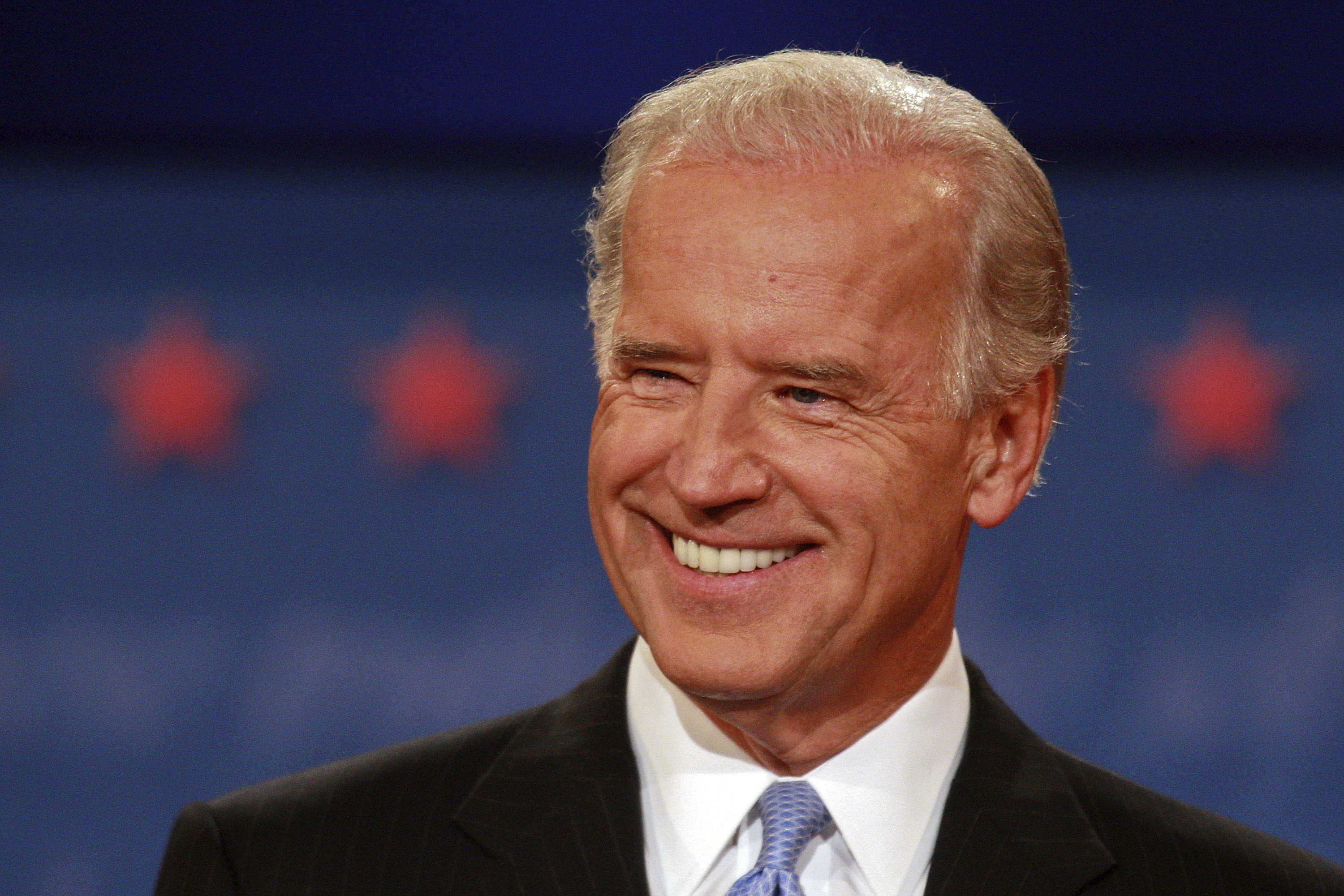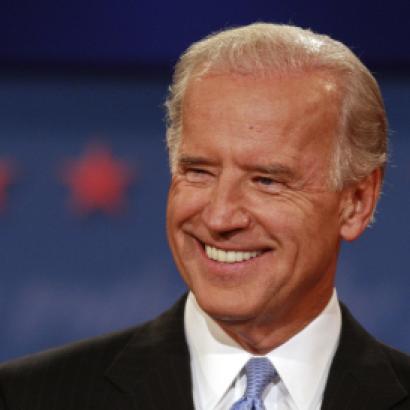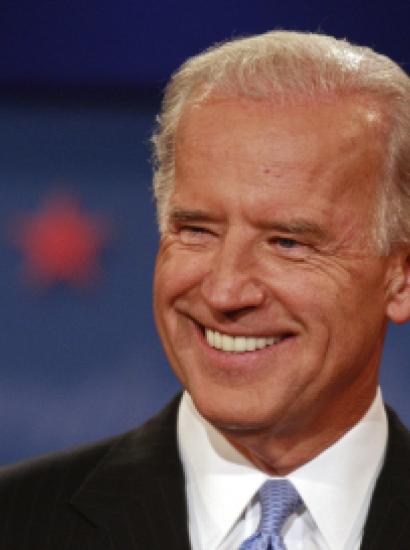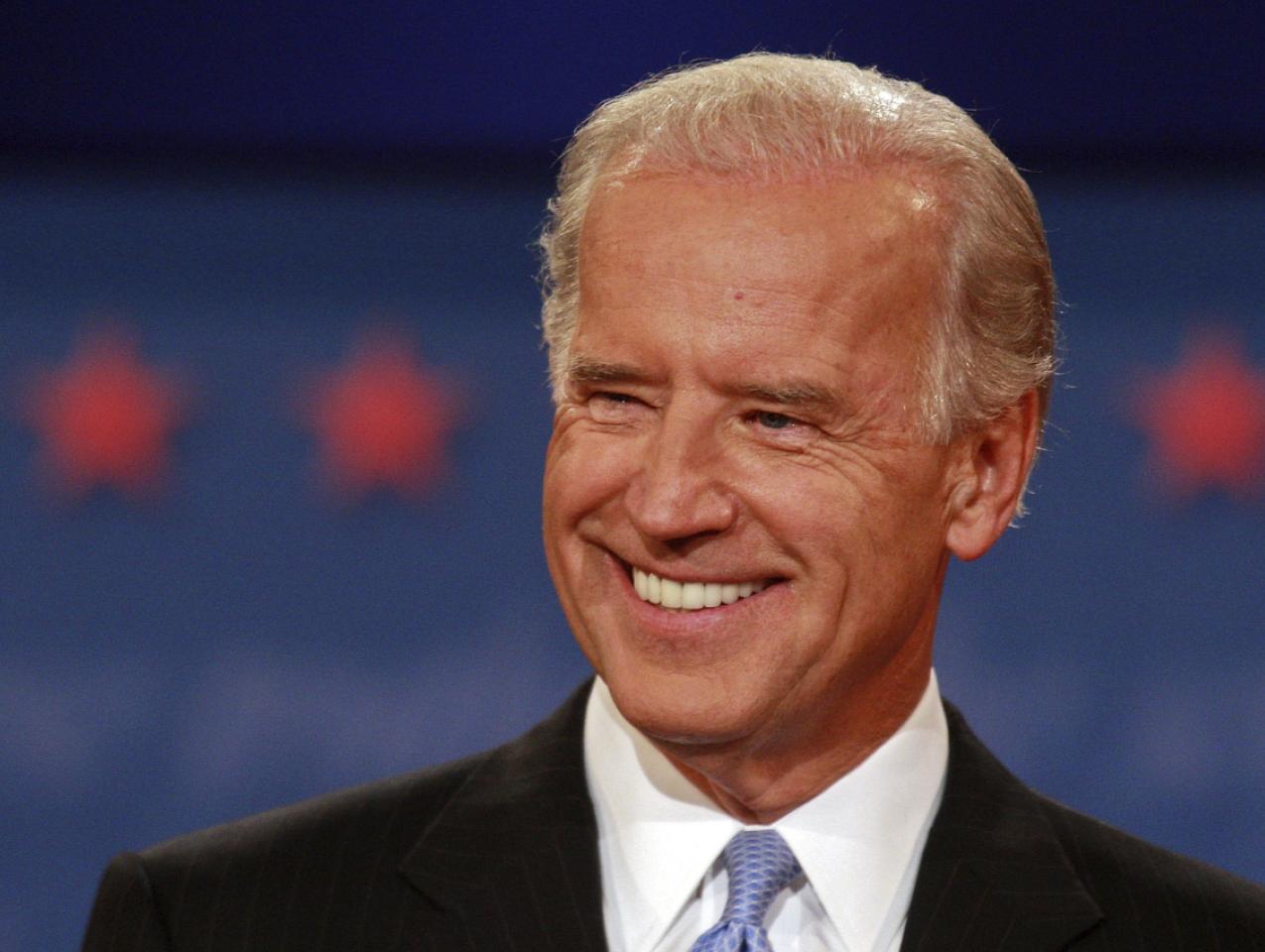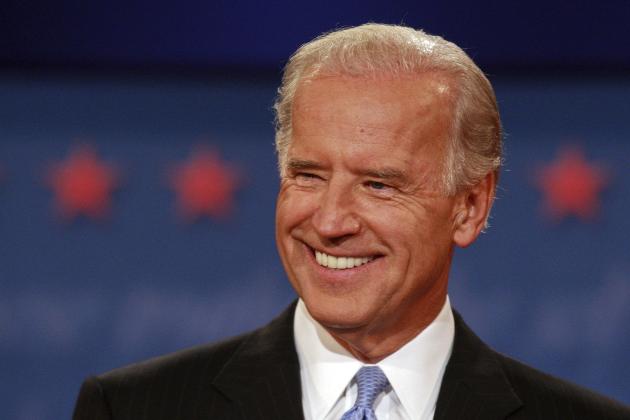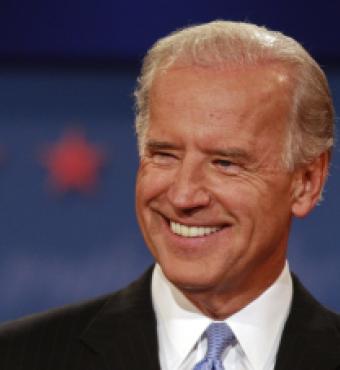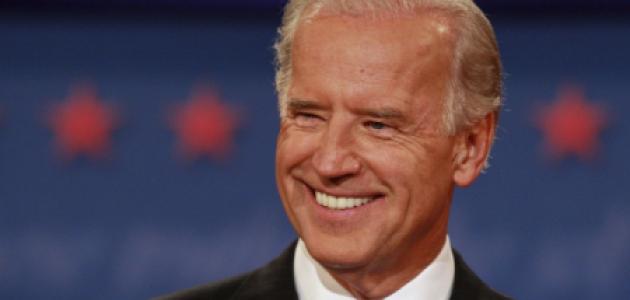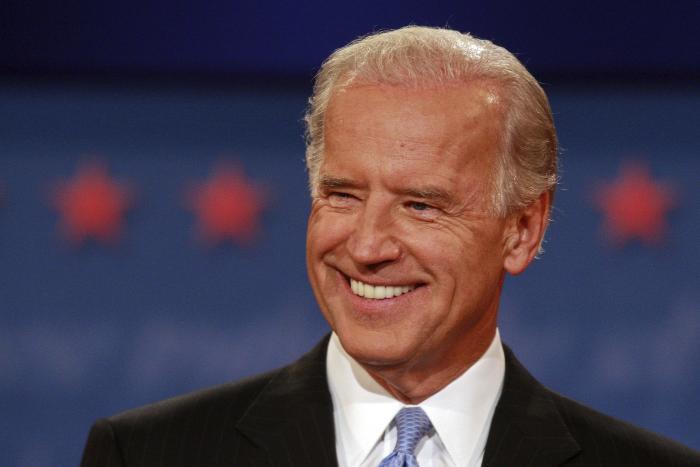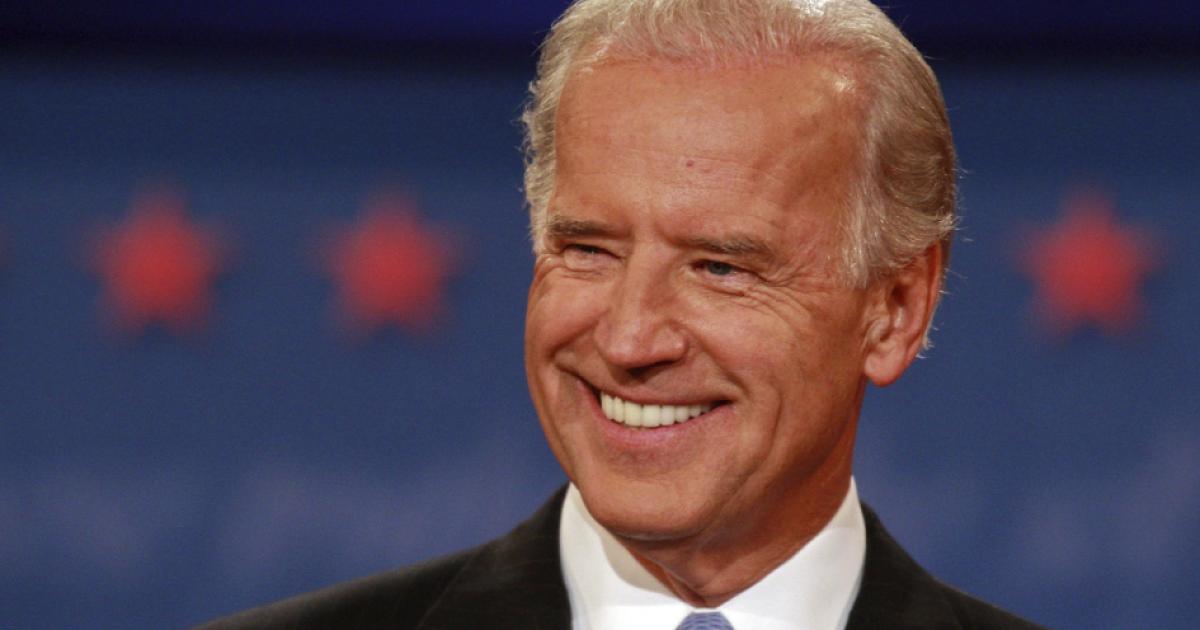- Law & Policy
- Politics, Institutions, and Public Opinion
- Campaigns & Elections
- State & Local
- California
Call it a coincidence, but only a few days after California state senators voted unanimously to outlaw the use of circus performing animals in the Golden State, presidential hopefuls will be pouring into San Francisco to take part in this weekend’s California Democratic Party convention.
Or maybe you think there’s a distinction between dancing bears and politicians who dance to the tune of special interests?
What’s odd about this particular gathering of the partisan faithful: although Democrats control both chambers of the state legislature as well as every state-constitutional office in California, and although the party is in no danger of losing the nation-state’s 55 electoral votes in next year’s presidential election, the San Francisco convention will never be confused with Disneyland as “the happiest place on Earth.”
Why so?
Chalk it up to some nasty intraparty politics. Earlier this year, the former California Democratic state party chairman was forced to step down over accusations of sexual harassment, assault, and wrongful termination that prompted legal action against the chair and the party.
And beyond that: residual bad blood stemming from the 2016 primary fight between Hillary Clinton and Vermont senator Bernie Sanders, who’ll be stopping by the convention this weekend to take part in a couple days of speechmaking and pressing the flesh with Democratic activists.
In the meantime, keep an eye out for who is and isn’t coming for this weekend’s presidential goat rope. That’s one candidate in particular: former vice president Joe Biden, who at last report won’t be one of at least 14 presidential contenders scheduled to attend.
Those coming to San Francisco (in addition to Sanders and California senator Kamala Harris): New Jersey senator Cory Booker; South Bend, Indiana, mayor Pete Buttigieg; former HUD secretary Julian Castro; former Maryland representative John Delaney; Hawaii representative Tulsi Gabbard; New York senator Kirsten Gillibrand; former Colorado governor John Hickenlooper; Washington governor Jay Inslee; Minnesota senator Amy Klobuchar; former Texas representative Beto O’Rourke; California representative Eric Swalwell (his district’s on the opposite side of the San Francisco Bay; and Massachusetts senator Elizabeth Warren.
Why isn’t Biden the 15th Democrat on this list?
Maybe the man has something against California.
Twelve years ago, amid the second of his now three presidential runs, Biden was the lone Democrat who didn’t attend the state party’s April convention in San Diego (seven other Democrats did, including Clinton and Barack Obama).
Then again, Biden spoke at the state’s party gathering San Jose gathering in February 2016. During his first presidential run, all the way back in 1987, Biden delivered the commencement address at the University of San Francisco Law School (arguably his most insightful line that day: “I’m sure when you heard I was speaking here, many of you asked, ‘Who in God’s name is Joe Biden?’”).
Thirty-two years later, Biden’s not a mystery man in California. An April Quinnipiac poll gives him a comfortable lead in the Golden State (Biden received 26% support among Democrats and Democratic-leaning voters—eight points better than Sanders and nine points ahead of Harris).
Perhaps that explains Biden’s reluctance to take part in the San Francisco festivities. The weekend’s not a heavy lift: each candidate gets a 10-minute speaking slot on Saturday or Sunday; and an optional MoveOn.org forum allows each candidate to share the “one big idea” they believe will change the country. Otherwise, it’s mixing and mingling with party leaders and activists at caucus meetings.
But with Biden leading in (mostly name-recognition) polls at this point, his handlers seem determined to limit his exposure to risk. His campaign appearances are designed in a way to keep the famously gaffe-prone Biden on message. Biden’s yet to do anything close to a Daniel-in-the-lion’s-den moment, such as a Fox News townhall (Buttigieg did one last week, at one point ripping Biden for the 1994 federal crime bill).
And that’s one of the realities of any California Democratic convention: the activist delegates skew further left than the general Democratic electorate; they love to ding establishment features.
Last July, the state party’s executive board endorsed the very liberal Kevin de Léon rather than the far more pragmatic Senator Diane Feinstein (running for governor in 1990, Feinstein was booed at a state party convention as she defended California’s death penalty). Back in 2004, convention attendees razzed John Kerry, the eventual Democratic presidential nominee.
So perhaps Biden’s handlers, assuming they don’t change course at the 11th hour and deliver their man to the Bay Area, fear a bad reception or a regrettable “crazy Uncle Joe” moment.
But there’s one other factor that likely went into Biden’s weekend calculations: while California’s rich in delegates and deep-pocketed donors, it’s not in the same king-making position as the earlier primaries and caucuses in Iowa, New Hampshire, South Carolina, and Nevada.
Yes, California’s generous election rules means Golden State voters can start casting ballots a month before the March 3 primary—February 3 being the same day that Iowa Democrats will caucus.
But if a presidential candidate underachieves over the course of the first four contests, will they still be relevant by the time it’s California’s turn to shine (a spotlight shared by 12 other states on that first Tuesday in March)? For Biden, it’s a choice between potentially snubbing California Democrats this weekend versus incurring the wrath of activists in Iowa and New Hampshire and South Carolina and Nevada.
Moreover, thanks the Democrats’ proportional system for allocating delegates (states aren’t winner-take-all), three or more candidates doing well in California’s primary could dilute the winner’s portion of the 495 delegates at stake (a majority of the estimated 3,768 pledged delegates are needed to win the Democratic nomination on the first ballot).
Is a California Democratic showcase not worth Joe Biden’s while?
Those are harsh words to accept for a party that dominates California’s partisan terrain.
However, as long as Biden remains his party’s well-established frontrunner and California Democratic conventions serve as dens of political iniquity, get used to “Crazy Uncle Joe” resisting overtures from the land of the anti-Trump resistance—or, at least, from the heartiest of the resisters.







